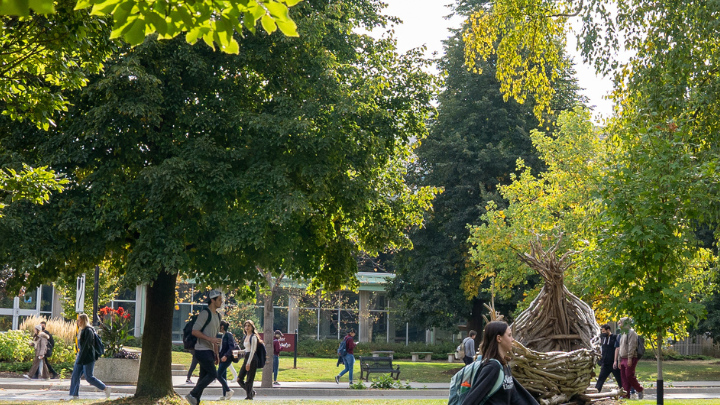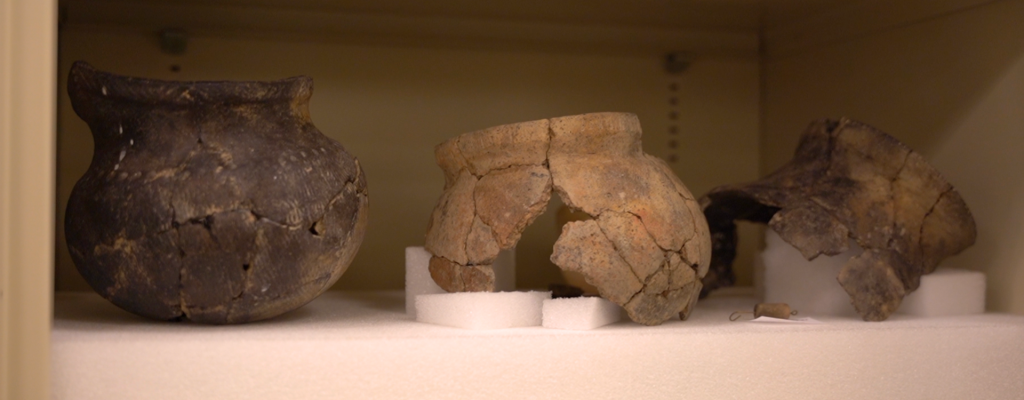Anthropology

Anthropology is engagement with human differences from the perspective of lived experience, past, present and future.
Anthropologists are no longer found only in far off and exotic locations; they now work in cultural resource management, environmental consulting, health policy development, government, law enforcement, and non-profit organizations, to name just a few career pathways.
An Anthropology degree provides unique skills and perspectives, as well as deep understanding of how we are all shaped by the cultural, social, political, and historical contexts in which we live.
Employers identify critical thinking, communication, and problem solving as the most important skills they look for in university graduates. Anthropology courses at McMaster emphasize these important skills, improve knowledge about cultural differences and provide a broad understanding of the experience of being human.
Information Box Group
Undergraduate Programs DISCOVER
Discover more about our anthropology undergraduate programs.
Undergraduate Courses & Course Outlines Learn More
View undergraduate courses and course outlines to find assignments, due dates and more.
Graduate Programs Learn More
Learn more about our anthropology graduate programs.
Graduate Courses & Course Outlines Learn more
View graduate courses and course outlines to find assignments, due dates and more.
Latest News

Spring 2024 Anthropology Newsletter
Departmental News

Cal Biruk: Winner of the 2024 MSU Teaching Award
Departmental News
Quick Links

Research Programs Learn More
Faculty in the Anthropology Department pursue research and offer courses in the following four Research Programs (sub-fields): Archaeology, Biological Anthropology, Sociocultural Anthropology and the Anthropology of Health.

Research Clusters Learn More
We integrate six key areas of expertise and investigation into our research programs and courses.

Field Schools Learn More
Anthropology Field Schools provide hands-on, immersive experiences, taking students out of traditional classrooms and into the heart of anthropological research.


